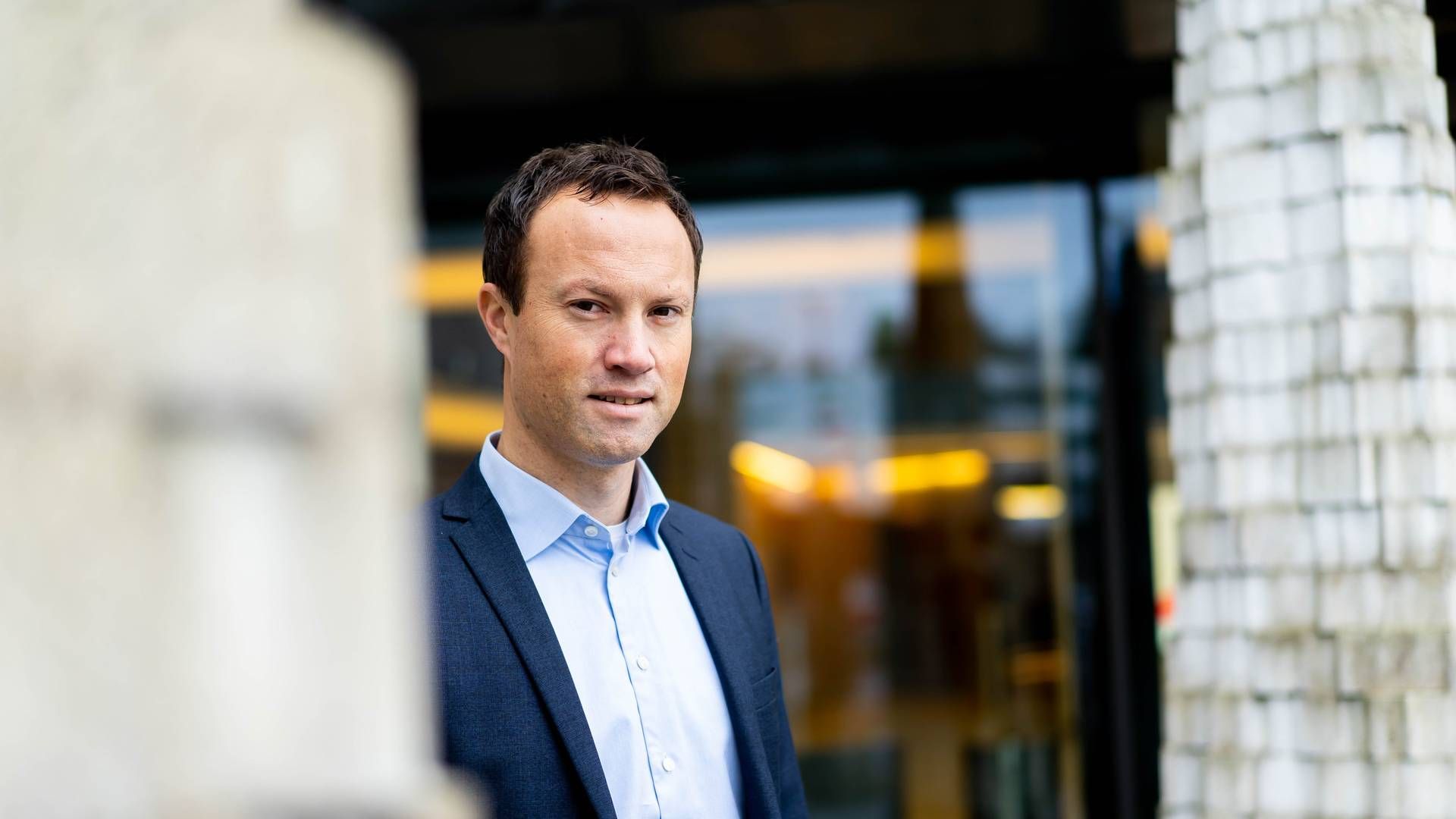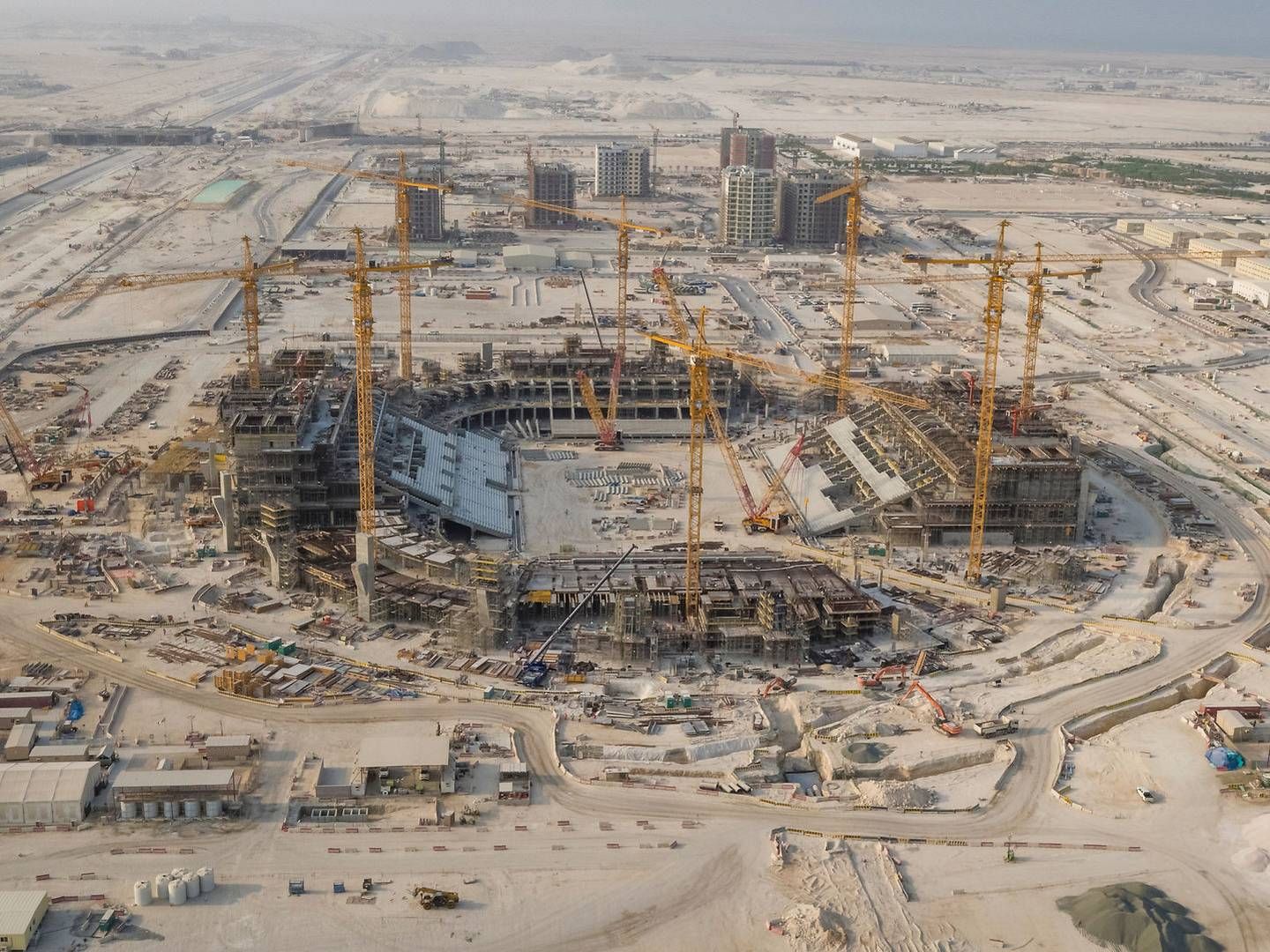Storebrand after criticism for Qatar investments: "Getting good documentation requires a lot of effort"

Profundo and Fair Finance International have recently published a report, No Questions Asked: Profiting from the construction and hotel boom in Qatar, exposing several financial institutions present in Norway as investors in companies benefitting from the construction and tourism industry boom in the nation in connection with the football world cup.
KLP, Nordea, DNB, Government Pension Fund Global, Danske Bank and Storebrand, which have invested a total of USD 4.4bn in stocks and bonds in the companies selected by the report, are included.
The report, which rates engagement with companies in the construction and hospitality sectors in Qatar on a scale of 1-10, where 10 is most engaged, awarded Storebrand a score of 1.8. The highest scorer was KLP, with a result of 4.9. The study also considered financial institutions active in Germany, where all scores ranged from 1.1-1.9.
The report states that like the other institutions, Storebrand ”has not developed specific sector policies for the construction and hospitality sectors” and that specifically, its ”human rights policy could improve further by addressing explicitly the conditions of migrant workers, and requiring a zero-tolerance to recruitment fees or related costs to be borne by workers or jobseekers.”
”The fact that Storebrand did not engage with any of the construction and hospitality companies under the scope of this study explained why it achieved the lower score among financial institutions assessed,” the report reads.
CIO at Storebrand Bård Bringedal had the following comment for AMWatch’s Norwegian sister media FinansWatch:
”We think it is a good thing that worker rights are being covered by the media. We are currently avoiding making direct investments in Qatar, through government bonds, state-owned companies and companies registered in Qatar, partially because we are not satisfied with the human rights laws and we see a large risk that human and worker’s rights are being violated. That isn’t included in the report.”
As Bringedal says, Storebrand does not invest directly in the companies that are named and shamed in the report – but they are subcontractors to companies that the firm has invested in, and therefore indirect investments.
A heavy documentation burden
Tollak Nylænde Bowitz, advisor to Norway’s Future in our hands organization, which promotes ethical and sustainable consumption, thinks the report shows that firms are not engaging enough with the companies.
”The report sows doubt about how active the ownership of financial institutions is. The problem isn’t that they have investments in the companies, but that it doesn’t seem like they do enough to influence them,” he says.
Bringedal does not think it is that simple.
”The case is complex. The companies named in the report are large, international ones. Their businesses in Qatar are relatively small and it requires a lot of effort to get the good documentation required to investigate potential exclusions on the bases of our guidelines,” he says, adding:
”Exclusion is the last resort when dialog is ineffective. We have clear expectations for companies about how they should handle human and worker rights, and we are continually working on this, alone and through investor alliances, with a goal of constant improvement.”
Bringedal highlights that Storebrand follows the UN investment principles, has clear ESG policies, assesses the available data and prioritizes active ownership.
Storebrand will investigate further
The report details that Storebrand has made investments in Vinci, Hilton, Mariott, Bouyges, Accor, City Developments, InterContinental and Hyundai Engineering & Construction, which all have problematic subcontractors in Qatar.
The firm states that it does not have any information to support the problems reported at the subcontractors.
”We have not seen data to indicate increased risk of human or worker rights connected to Qatar for that company [Accor, -ed.] but we are investigating the case and have contacted the companies mentioned in the report, as well as our data provider, and will reassess the case if new information indicates this,” Bringedal says.
The report states that Accor ”had no monitoring instruments for heat stress in subcontracted workforce nor for their living conditions,” and was the target of a Guardian investigation into illegal recruitment fees and mistreatment of workers during the pandemic.
(This article was provided by our Norwegian sister media, FinansWatch.no)
Institutional investors challenge Amazon on worker rights
KLP divests US firms for breaching human rights
Danish Football Association left red-faced over Qatar investments
Related articles
Institutional investors challenge Amazon on worker rights
For subscribers
KLP divests US firms for breaching human rights
For subscribers
















